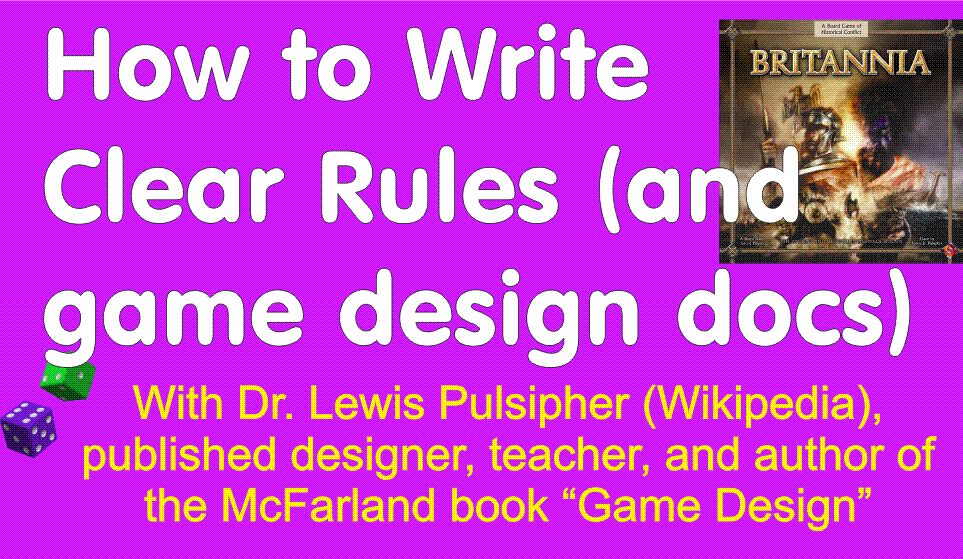I'm trying to describe to my students what level designers do. The first thing to say, of course, is "it depends"--depends on what the company expects the level designer to do, and what is "farmed out" to someone else.
Nonetheless, the analogy to a Dungeons and Dragons or other paper RPG referee is good, though a great many younger people don't seem to be familiar with (non-video) D&D these days.
Fundamentally, level design is a limited, concentrated form of game design. The core mechanics of the game are already determined. The level designer is using them to create an episode that will have good gameplay, that will entertain in various ways. Gameplay always involves challenges and actions to meet those challenges, of course. This also involves goals, ways to achieve the goals, paths (such as corridors and rooms), appearances, and behavior of NPC's and opposition (scripts to do better than the game AI can do on its own).
In D&D the "DM" or DungeonMaster starts with the "core mechanics" of D&D and fleshes out adventures. The adventure, analagous to a video game level, usually involves a goal of some kind, if only to "wipe out the badguys". The DM may have particular methods in mind whereby the players can achieve the goal, or he may simply set up a situation and trust the players to creatively find ways to achieve the goal. In level design, playtesting will show whether creativity can prevail; in home-made D&D adventures there is no playtesting, so the DM must be more careful. But D&D adventures that are published are certainly playtested.
A published D&D adventure includes all--well, most--of the information a referee needs to run the adventure. The video game level includes everything needed for the player(s) to play the adventure--er, level.
So the level designer must specify and perhaps place (though probably not make) the graphics, map out all the paths and alternatives the player(s) can pursue, place the opposition (monsters or otherwise), script the conversations, specify the goal and how player(s) find out what that goal is, specify exceptions to the normal core mechanics, and all the other things that are required for the "adventure" episode.
Thursday, November 1, 2007
Subscribe to:
Post Comments (Atom)
"Always do right--this will gratify some and astonish the rest."Mark Twain
"A designer knows he has achieved perfection not when there is nothing left to add, but when there is nothing left to take away." Antoine de Saint-Exup'ery
"Not everything that can be counted counts, and not everything that counts can be counted." Albert Einstein
"Make everything as simple as possible, but not simpler." Albert Einstein





7 comments:
I'm surprised that your students don't already know what level designers do. Level design is one of those tasks that, in my experience, most gamers are familiar with. After all, there are level design tools packaged with many well-known games (Unreal and NeverWinter Nights, e.g.). Anyone who's played a game with "levels" knows that they're called levels, so it shouldn't be much of a stretch to realize that level design is the design of the level.
Most of my students wouldn't know HOW to design a decent level, but they at least know what the output is :)
I have more trouble describing what I call "content design", which is sort of a superset of level design. Games that don't have levels (e.g. The Sims, Phoenix Wright: Ace Attorney, Dance Dance Revolution) still have content that needs to be designed (items to purchase, branching storyline choices and step charts, respectively). The goal of content design is the same as that of level design: take the core mechanics and use them to create a compelling, specific experience.
And it's a good thing we have content design, too. Otherwise, game designers would be sitting on their hands with nothing to do after preproduction ends :)
It seems that many instructors don't know what level design is, let alone the students. I've heard instructors describe level design as a graphics function!
Yes, content design is quite difficult to differentiate in understandable ways. Grist for another analogy, perhaps.
Needed to put you this bit of remark just to give many thanks once again for these wonderful tactics you have featured on this page. It has been really seriously open-handed of you in giving publicly what exactly a lot of people might have offered for an e-book to end up making some money for themselves, chiefly seeing that you might have tried it if you considered necessary. The good ideas likewise worked to provide a easy way to fully grasp that someone else have similar dream like my personal own to grasp a good deal more when it comes to this matter. I am sure there are numerous more enjoyable periods in the future for those who browse through your forum post.
Ce post m'a beaucoup aide dans mon positionnement. Merci pour ces informations
I love this game :)
I've been absent for some time, but now I remember why I used to love this site. Thanks, I’ll try and check back more frequently. How frequently do you update your website?
This blog is rarely updated. My game design blog is frequently updated.
Post a Comment